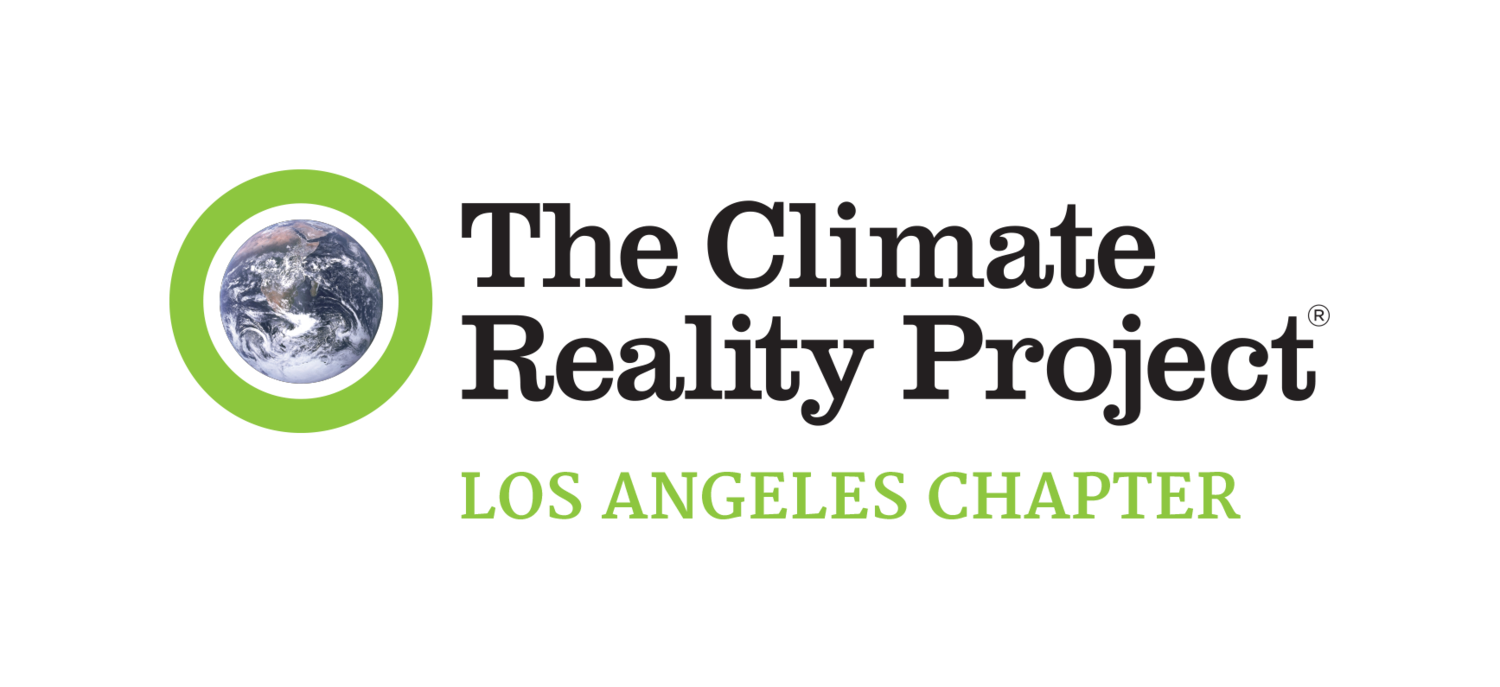Lucy's Climate Story
Let’s go way back.
After finishing the ironing, I sat on the hall floor in my suburban house as my mother finished the dishes, my feet on the opposite wall, trying to answer the college app question. “Well, what do you want to do, Lucy?” she asked. I thought deeply—everything was in front of me as an excellent student. “I want to help people—materially. I don’t want people to suffer hunger, cold…” So I threw myself into activism, organizing in the anti-Vietnam war movement, the women’s movement, antiracist movement, etc. I dropped out of college to do it. Tss, eyeroll.
I was eventually chagrined by events to see that I had worked at an EPA Superfund site and had no thought for the environment.
I left the group I was in.
Later, after having my three children, while raising them, I decided to go back to college, study the non-human world. Upon graduating in ecology at UCLA, I became an educator to support my family.
I taught science in a Title I public high school for eighteen years. The best thing I did for those students was to love them. The second best was to teach the process of science.
For climate, I would have my students organize a community conference on climate change, which morphed under their guidance into the annual Green Festival--with 80+ poster presentations by students, science fair style; speakers, tables, and workshops from local agencies and organizations; and best of all, food, games, music, art, contests, etc. All of this, plus conference organization and logistics, was done by students.
I sponsored the Heart of Nature Club who organized with Sierra Club to lobby the City Council to get off coal (successful) and gas (ongoing). They organized presentations by the Alliance for Climate Education. They spoke to every teacher about recycling in the classroom, with Grades of Green, and about lights and AC with PowerSave schools. They started and maintained for years both a native plants with Theodore Payne Foundation, and a food garden with help from master gardeners from UCLA.
All this was supported by some teachers, many would bring their classes to our events, but there was little to no real teaching of climate in most classrooms—especially not where it most belongs, the Social Sciences, English and the Arts.
At climate events I would meet other teachers who said, “I’m the green teacher at my school.” NO. No. No one should have to teach this alone. A school needs to take a decision on the climate crisis. A school is usually a central experience for youth. Let’s prepare them.
Full disclosure: I see the climate challenges as multifarious and critical, very deep—a challenge to the industrial systems we have made, the social systems that ignore each other and nature. We must learn again to love the Earth and all its beings including ourselves.
Not everyone who teaches climate change will agree. And that’s fine. Let’s work together to get the students thinking these knotty problems through and preparing themselves for the work of the 21st century.
